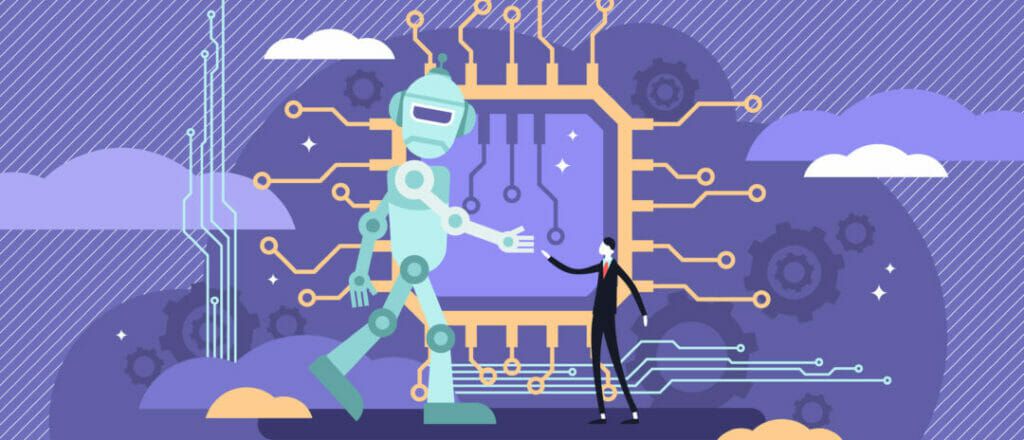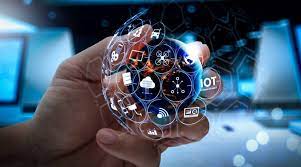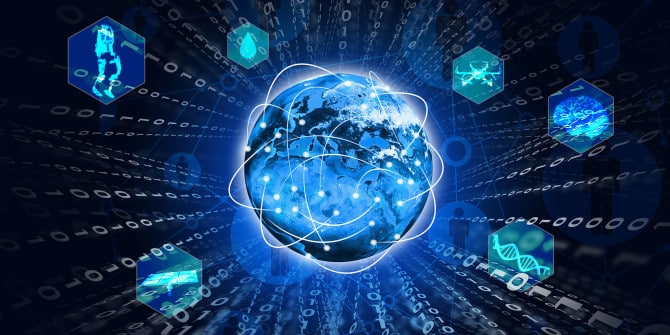In Emerging technology ethics require a grasp of what they are. Emerging technologies are new, innovative, and in development; they will have a big socioeconomic influence. They use novel concepts, methods, and approaches and cannot be categorised under existing technologies. They promise new and potentially better issue solutions. They are still in development because few goods and applications have arisen from them, and few are marketed and used widely. They are projected to provide significant economic value and activity and to change or transform education, healthcare, transportation, or retail.
 Source: Tech World Updates
Source: Tech World Updates
Emerging Technology and Ethics
New technologies are being developed at a faster rate than ever before, and they are all geared toward making human existence easier and safer. Many of the new technologies, however, come with moral questions attached.
For instance, – Embryonic stem cell (ES) research: ES stem cell research is seen as a panacea for many chronic NCDs, as well as a way to restore broken tissues and organs. Human rights advocates, religious leaders, and others have expressed ethical qualms over the use of embryos (early stage of life) for research because they are not treated as anything more than a mass of cells.
The potential for making clones of humans and persons with the necessary set of genes has garnered serious criticism on ethical fronts such interpersonal interactions, and this has led to a moratorium on human cloning.
 Source: Inventiva
Source: Inventiva
Advantages of genetically modified crops include increased insect resistance, higher yields, and other benefits. However, there are a number of worries about the invasiveness of such species, which could lead to the loss of biodiversity and could pose unknown health risks to consumers.
AI: Machines and robots programmed with artificial intelligence are expected to carry out tasks that people can do just as well, if not better. However, some worry that machines could one day surpass human intelligence and use us as slaves. Scientists like Stephen Hawking have cautioned against searching for aliens by sending signals into space, as there is a chance that aliens are more advanced than we are and could use humans as slaves or perhaps destroy mankind. Due to their lack of empathy, self-driving cars and UAVs could endanger human lives and invade people’s privacy.
IPR issues have been highlighted in relation to 4-D printing, namely self-repairing and self-destructing devices. Genome-based medicine raises questions about privacy and the potential for blackmail. Intelligent pharmaceuticals: dopamine-level-monitoring machines that automatically replenish the chemical when their supply runs low. Fears that people will become emotionally unmanageable.
Challenges in Emerging Technology
Technology is pervasive and its uses are growing quickly. Every day, new products and services appear and others become obsolete. Technology and innovation cause ethical problems. Data mining, privacy invasion, data theft, and workplace surveillance are crucial.
These days, practicality and efficiency are the primary metrics by which we judge technological advancements. However, the motivations of the people who developed the technology are occasionally taken into account as well. Case in point: the problem of algorithmic bias in AI systems, such as Google’s DeepMind. Faces of African Americans were not recognised as accurately as those of Caucasian Americans by a U.S. artificial intelligence system unveiled in 2015. The AI system’s developer, Google, moved promptly to fix the problem.
If we take a teleological view, then we should go on with this defective AI system. Seventy-two percent of the United States population is white (72.4 percent) as of the 2010 census. Because of this, Google and the majority of American internet users would benefit from an AI system that can more accurately identify Caucasian American faces. From a deontological stance, however, the method should have been rejected because it was likely not designed to identify persons of all races.
 Source: Sienna
Source: Sienna
Such technologically biassed systems may also be used to discriminate against individuals based on their race, religion, gender, nationality, or other personal characteristics. Human behaviour is tracked via online platforms and mobile devices, which opens the door to data theft and privacy invasion. Without asking for permission, personal information is being sold. In order to fit their purposes, corporations, political parties, extremist organizations, and so on modify these data. The recent scandal involving Cambridge Analytica and Facebook is a good illustration of this.
 Souce: Information age
Souce: Information age
Invasion of Privacy: The collection of citizens’ personal information by government and private institutions may have unintended negative implications, such as the disclosure of private information or the misuse of gathered data.
Clinical Trials in Medicine and End-of-Life Care One of the most important aspects of clinical trials is intent. Pharmaceutical firms have put the lives of the poor in danger by conducting clinical studies with the explicit goal of making a profit. Cloning methods, genetic changes, and other potential life-saving treatments should be constantly monitored and supervised to ensure that they are being used as intended by their creators.
Ethics in the Age of Emerging Technologies

The potential for change brought about by innovations like AI is enormous. But the ethics of these innovations must be grounded in a commitment to social justice. There needs to be an emphasis on the ethical foundations of any technology being adopted, as well as a multidisciplinary and multi-stakeholder approach. Tech behemoths should staff an honest Ethics committee to deal with any moral quandaries posed by their wares.













